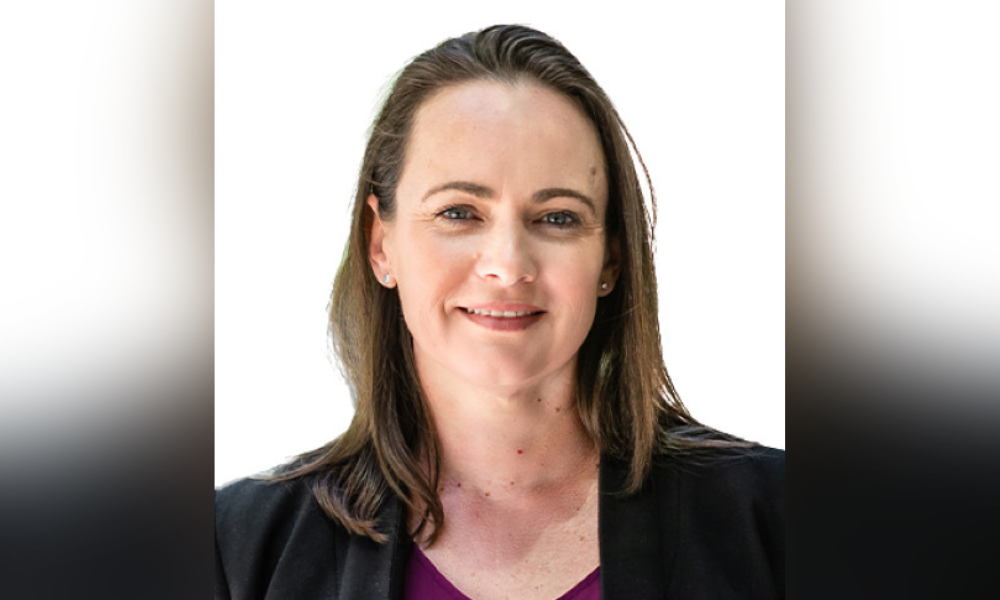
View that HR is a back-office function now well and truly debunked

Ahead of the highly anticipated Melbourne HR Summit, HRD sat down with Peitta Dyball of Yarra Trams to talk about the changing role of the HR leader and how your own self-care plays into the future of the workforce.
Pre-Covid, some of the more progressive organisations included the HR function at an executive leve,l but HR was still viewed by many organisations as a back-office function.
Through Covid, HR came to the forefront. HR teams had to be more resilient than any other part of business, reacting and quickly adapting to a constantly changing landscape. As we emerge from the pandemic that resilience has effectively earned the profession their seat at the table.
Read more: Is it time to exercise your resilience muscle?
“As HR professionals, we can now put away the old narrative around always wanting to have a seat at the table,” said Dyball. “There’s really no question that HR doesn’t have or doesn’t need to have a seat at the table.”
Leadership in times of uncertainty
Dyball told HRD there were two major shifts for business leaders through the pandemic; first the need for leaders to focus less on the technical aspects of their work and secondly embracing the changes that came out of the pandemic.
“There’s a couple of key things that start to come into play – it’s much less about technical management and much more about people management, and the other big shift around leaders that survived well during the pandemic were those that really embraced the change and could really take that positive mindset towards how they were going to show up for their teams, how they were going to manage and lead through this,” said Dyball.
Read more: Building workforce capability, capacity and resilience
HR teams have spent the past two years taking care of everyone else in the organisation. There’s been increased reliance on the support and care that HR teams provide to individual leaders and businesses as a whole.
“I think one of the great things to come out of the pandemic was we all became a little bit more human and for the most part we all had to get a little bit more comfortable with showing vulnerability,” said Dyball.
“It was hard to hide the fact that you might be struggling, and it really helped to embrace that and make sure that it was seen as okay. So, it wasn’t a case of people further up the HR chain feeling like they have to have it all together and then the rest of the team feeling like they have to have it all together as well, there was this really nice piece around being consciously vulnerable, and being not okay, and that made it okay for us to validate the way they were feeling.”
If you’d like to hear more from Peitta Dyball, register for the Melbourne HR Summit here.